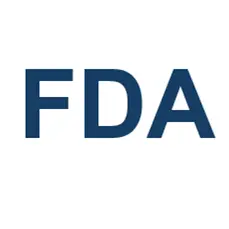Caffeine is a natural substance that stimulates the brain and nervous system to improve alertness and reduce fatigue. Caffeine is found in coffee, tea and chocolate. Coffee consumption is the prominent source of caffeine intake.
Caffeine
Found In
- Chocolate
- Coffee
- Dietary supplements
- Energy drinks
- Soft drinks
- Tea
Also Known As
- Purine Alkaloid
- Trimethylxanthine
The Beverage Bottom Line
Caffeine is authorized for use in the U.S., Europe and Canada.
This ingredient may have authorizations in countries not included on this site.
International Assessments and Authorizations

U.S. Food And Drug Administration (FDA)
Generally recognized as safe for intended uses (GRAS, GRAS FDA-Notified, GRAS Self-Determined)
FDA cites 400 milligrams of caffeine per day is “an amount not generally associated with negative effects.”
In 2020, FDA had no objections to three GRAS notices (869, 870 and 883) filed for Ilex guayusa leaf extract, which has caffeine as its main constituent.
In 1978, the health aspects of caffeine as a food ingredient were evaluated.
Caffeine is also considered GRAS for intended uses.

Joint FAO/WHO Expert Committee on Food Additives (JECFA)
Caffeine is not considered a food additive.
This page was last updated on 6/30/2025.


